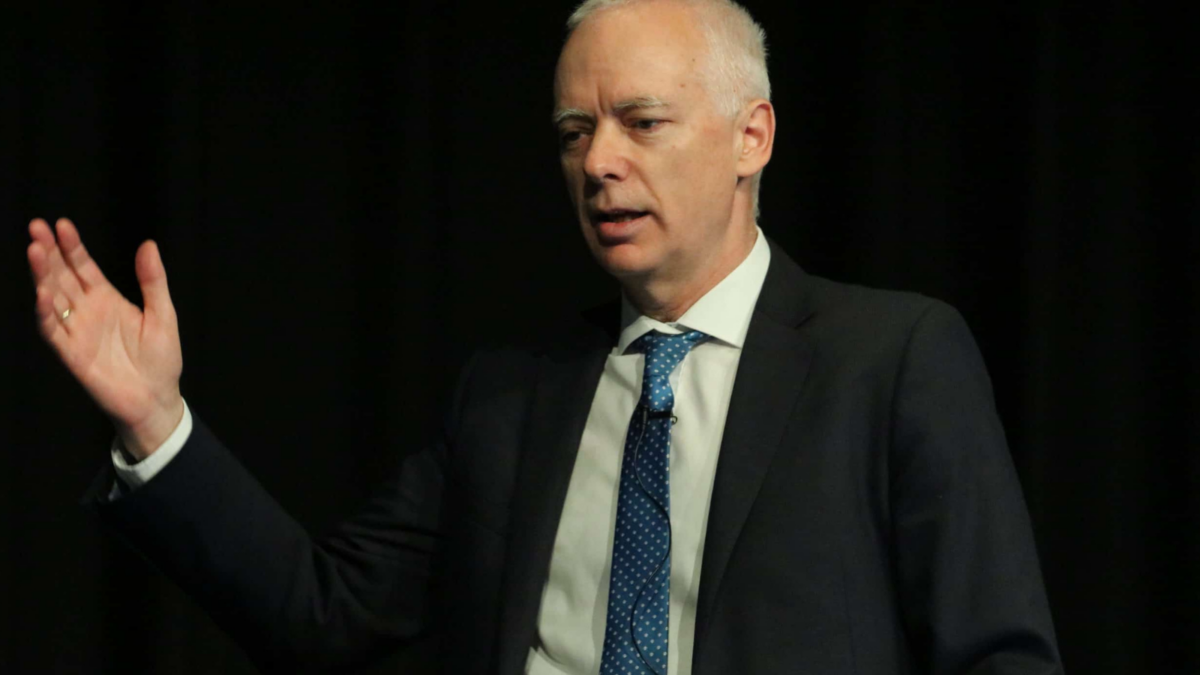-
Sort By
-
Newest
-
Newest
-
Oldest
-
All Categories
-
All Categories
-
Analysis
-
Asset management
-
Economics
-
Retirement
-
Value proposition
Investors may be in love with the ‘magnificent seven’ technology stocks, yet the top end of the stock market is notoriously volatile. That’s worth noting for devotees of passive investing, says Orbis Investments.
The concept of a ‘qualified adviser’ with less qualifications provoked an industry backlash. While the government has signalled it is open to discussion, the problem remains – how to open up advice to more consumers at a viable cost?
In 2023 governments came to a general awareness that to achieve net-zero, robust and consistent ESG policy frameworks must be put in place. In 2024, we should see a continuation of that theme according to New-York based investment group Neuberger Berman.
The life insurance advice sector has been battling a host of issues, including an ill-fitting education program, remuneration uncertainty and product design flaws, for some time. Is it in a death spiral, or is there a path to sustainability for this crucial arm of the advice industry?
Financial stewards need to cast a broader eye over the stance companies take on social issues like The Voice and the Israel/Palestine conflict. Community attitudes can vary widely, and public opprobrium can swing share prices dramatically.
Regulatory change for advisers has, regrettably, become more of a constant than the exception. But with the minister’s QAR reforms laid before us, a concentrated period of change looms.
In this column we take a closer look at the best performing funds in some of the most popular asset classes, with the aim of providing insight and support for those seeking to build more resilient portfolios. This week, we take a closer look at liquid alternatives.
Active managers with sector-specific knowledge really flex their muscles when dealing with countries in the midst of sustainable economic development. In this data-driven comparison, Mishan Dahia from Atchison Consultants looks at two prominent emerging funds.
Most advisers know the value of changing their language when switching from industry speak to client discourse, but many still fall into the trap of distancing themselves from clients by using jargon and buzzwords.
To make advice work, advisers need to home in on the centre of their business proposition, sometimes at the expense of their better intentions.
The recent underappreciation of value stocks has made them an attractive proposition, but knowing the most important metrics to look at when appraising companies is crucial.
For the last decade, equities (repackaged and otherwise) have reigned supreme. But in a market where everything might soon start to break, investors have to be more nimble.
















